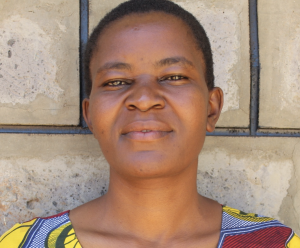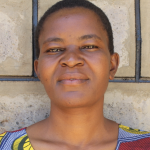The 420 students of Museywa Primary School are all required to contribute water every day to help offset the current water crisis at their school.
Even though there is a 30,000-liter rainwater harvesting tank on the school campus, it does not meet the water needs of the school. When the tank has water, during the short rainy season each year, it quickly runs dry, and students must go to fetch water from the local spring instead.
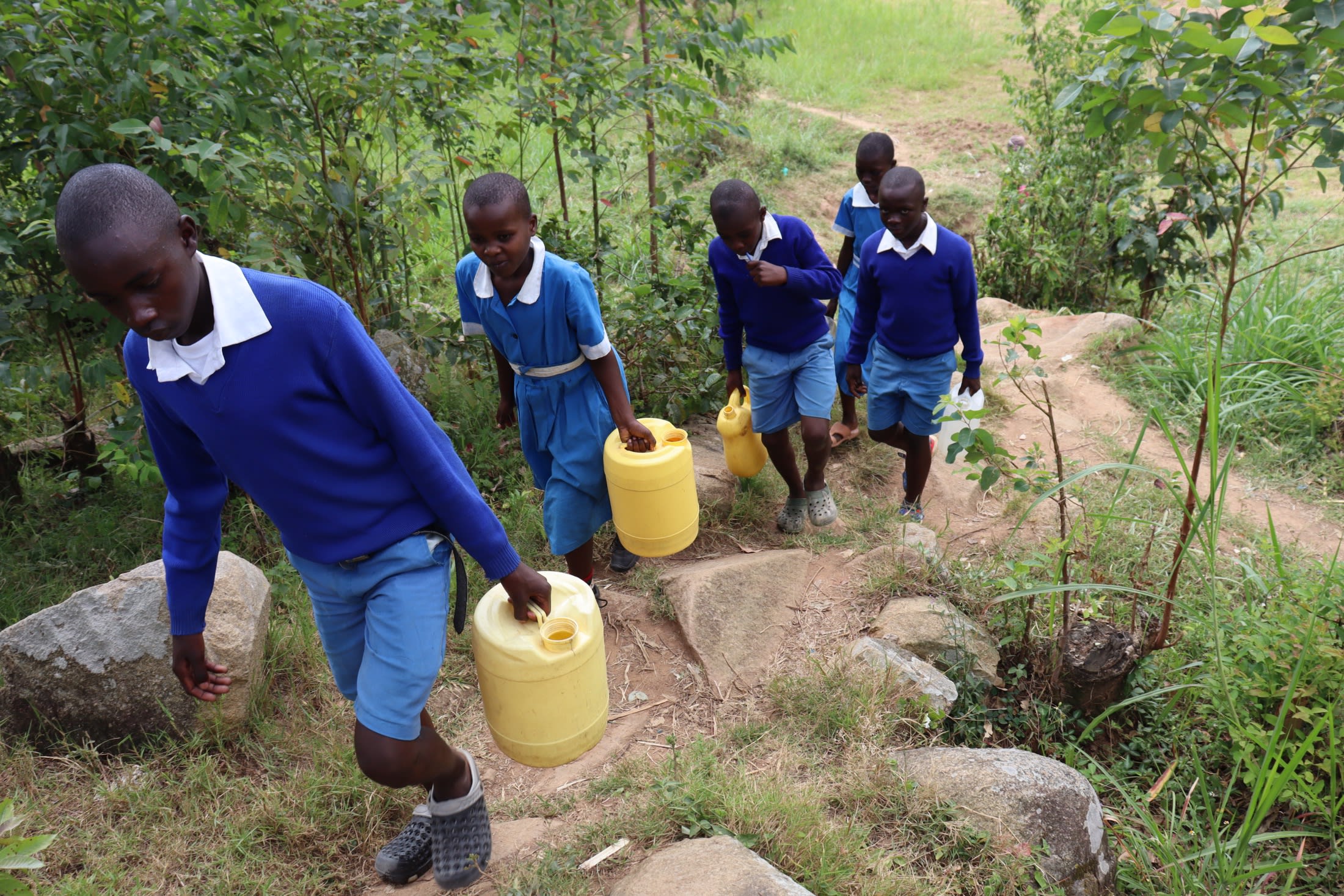
Older students must come to school by 6 a.m. each morning, drop their school bags, then head directly to the spring for water. The younger students are expected to bring water from home after collecting it from a source near them but carrying heavy water containers is a tiring, difficult task for the smaller, younger students. Sometimes the burden feels like too much, and students choose to skip school instead.
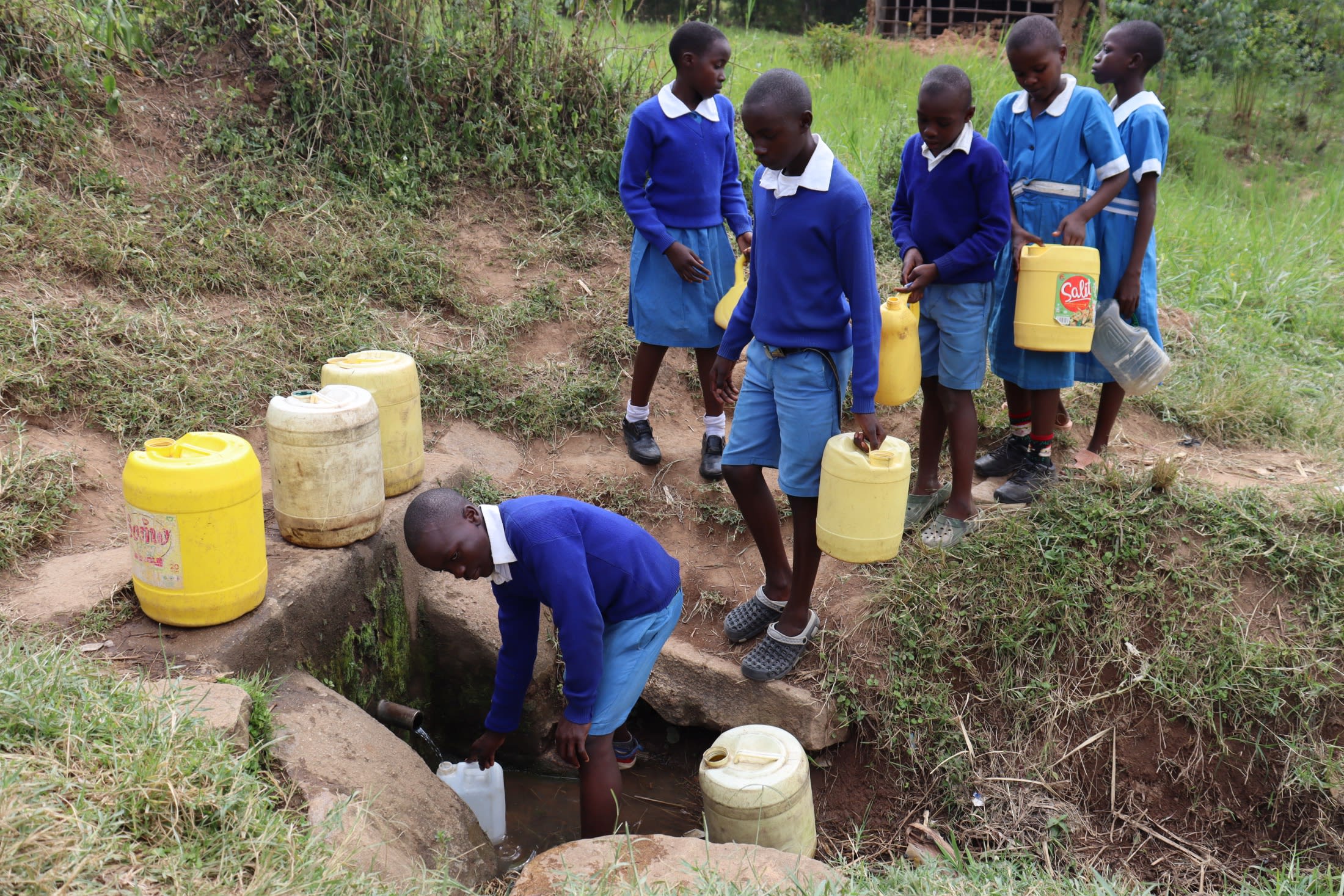
"The current water situation affects me because I am forced to wake up early, go to the spring, fetch water, and [then] go to school. [I] am not happy because I need to carry my books and a jerrycan of water," said 10-year-old Ann M., seen below.
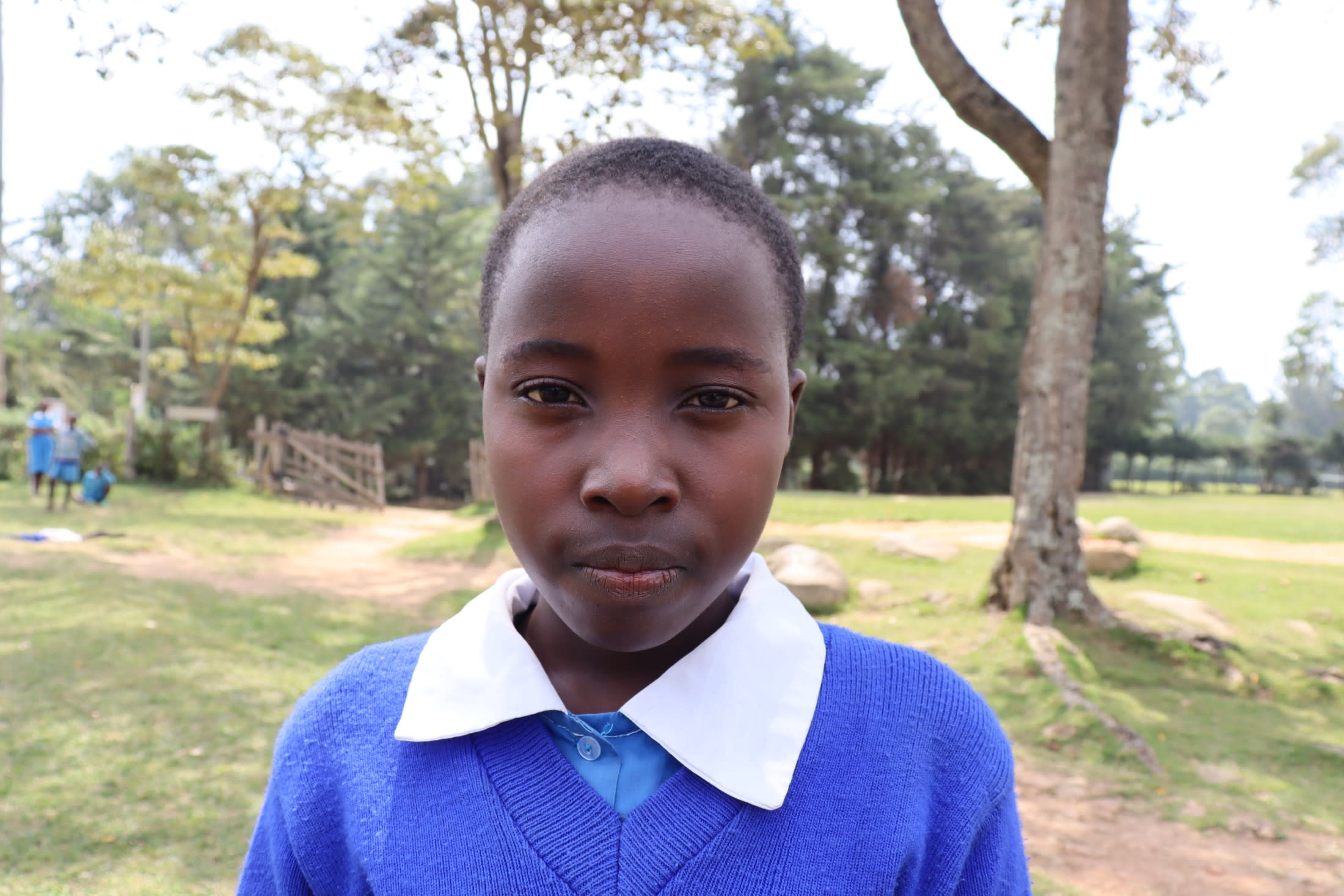
Sadly, even after all of the efforts made by students to collect water, it is still contaminated, so there is a high cost to be paid by anyone who consumes it. Both students and teachers alike miss valuable time in class because they are sick from water-related illnesses.
"Personally, I have always suffered from typhoid, and it is expensive to treat. A lot of money is spent on my medication, and this has led to poor performance in the class that I teach because most of the time I am at home seeking medication," said 36-year-old teacher Geofrey Kipkorir, shown below collecting water at the spring.
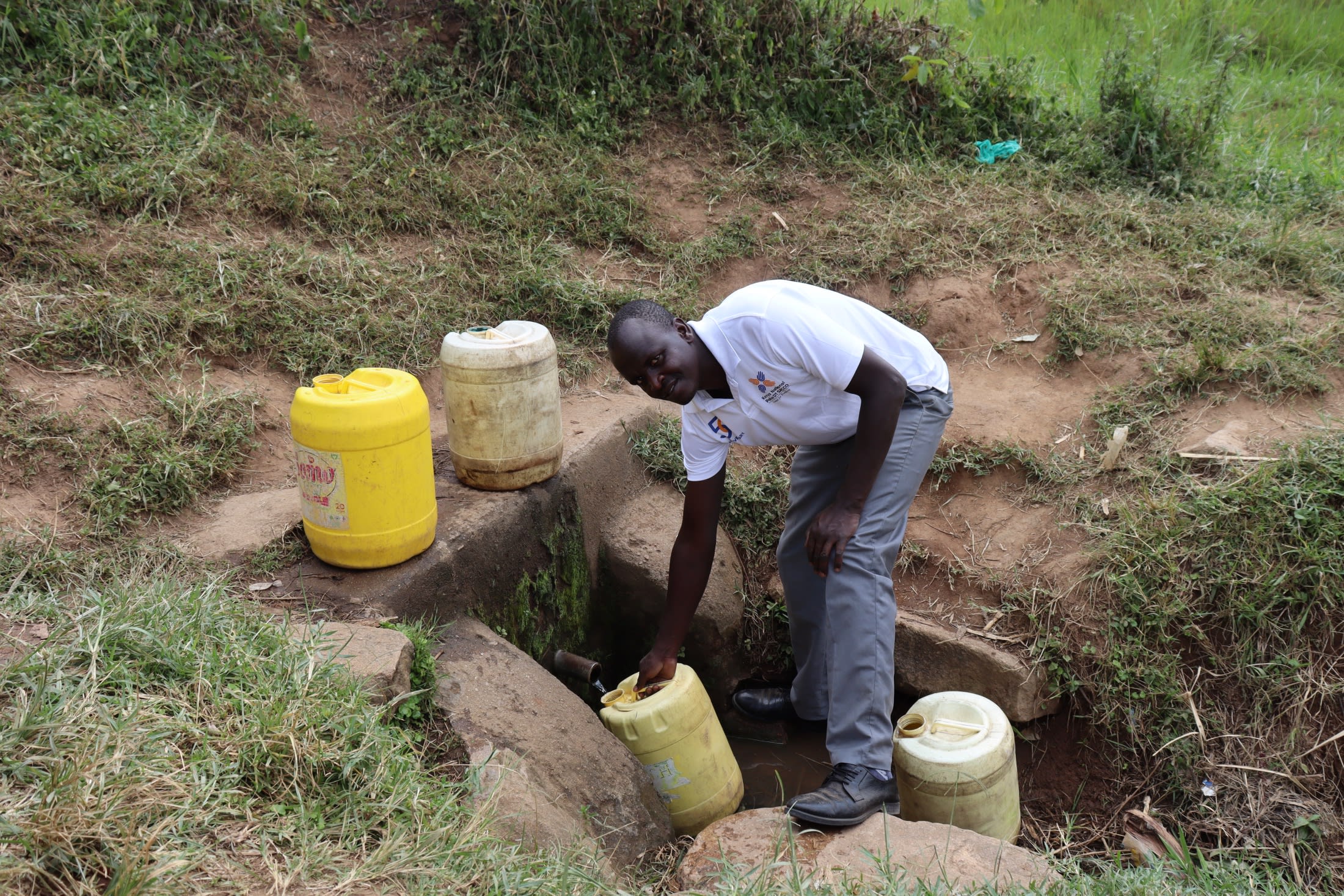
What We Can Do:
New Well
We conducted a hydrogeological survey at this school and the results indicated the water table beneath it is an ideal candidate for a borehole well. Due to a borehole well's unique ability to tap into a safe, year-round water column, it will be poised to serve all of the water needs for this school's large population, even through the dry months.
The school will help collect the needed construction materials such as sand, rocks, and water for mixing cement. They will also provide housing and meals for the work team, in addition to providing local laborers. We will complement their materials by providing an expert team of artisans and drilling professionals, tools, hardware, and the hand-pump. Once finished, water from the well will then be used by the school’s students and staff for drinking, handwashing, cooking, cleaning, and much more.
Handwashing Stations
The student health club will oversee the two new handwashing stations we will provide, and make sure they are kept clean and in working condition. The club leaders will fill the handwashing stations with water daily and make sure they are always supplied with a cleaning agent such as soap or ash.
VIP Latrines
We will construct two triple-door latrine blocks using local materials that the school will help gather. Three doors will serve the girls and three doors will serve the boys. All of these new latrines will have cement floors that are designed to be easy to use and to clean. And with a borehole right on school property, there should be enough water to keep them clean.
Training on Health, Hygiene, COVID-19, and More
We will hold a one-day intensive training session with students, teachers, and parents. This training will cover a wide range of topics including COVID-19 symptoms, transmission routes, and prevention; personal and environmental hygiene; and the operation and maintenance of the borehole, latrines, and handwashing stations. There will be a special emphasis on handwashing.
Our team of facilitators will use a variety of methods to train, including participatory hygiene and sanitation transformation, and asset-based community development. We will initiate a student health club, which will prepare students to lead other pupils into healthy habits at school and at home. We will also lead lectures, group discussions, and provide illustrative handouts to teach health topics and ways to promote good hygiene practices within the school including handwashing and water treatment. We will then conduct a series of follow-up trainings before transitioning to our regularly scheduled support visits throughout the year.
We and the school strongly believe that all of these components will work together to improve standards at this school, which will help lead to better student academic performance and will help unlock the opportunity for these students to live better, healthier lives.




 Borehole Well and Hand Pump
Borehole Well and Hand Pump
 Rehabilitation Project
Rehabilitation Project












